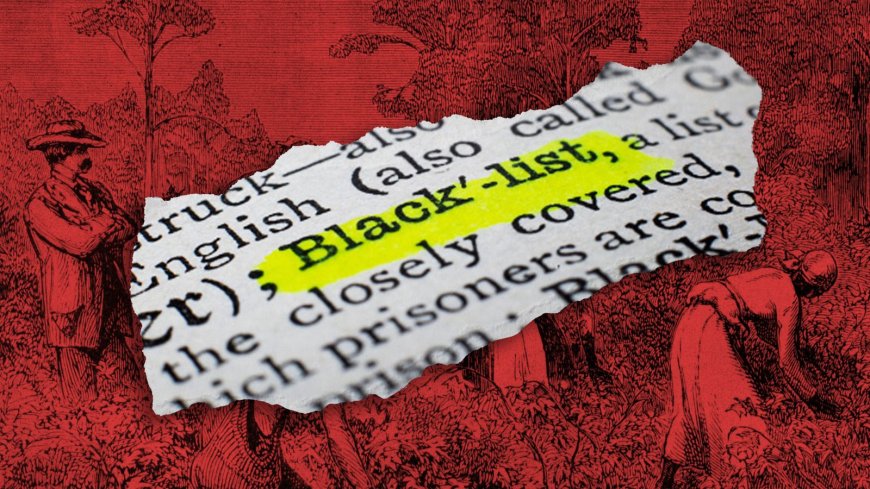The Weight of Names: How Ethnic Identity Shapes Success and Opportunity
Delve into the implications of having a name that reflects ethnic heritage. Share real-life narratives of individuals who believe their names influenced their opportunities and experiences in life.

In a world that prides itself on diversity and equality, the nuances of ethnic identity still significantly influence individual opportunities and experiences. One particularly profound aspect of this phenomenon is the role that names play in shaping perceptions, biases, and ultimately, the trajectory of success in various fields. As we delve into the intricate relationship between names, ethnic identity, and opportunity, we uncover the subtle yet powerful impact these elements can have on individuals’ lives.
The Power of a Name
Names are more than mere labels; they carry deep cultural, familial, and ethnic significance. A name can evoke a sense of belonging and identity, connecting individuals to their heritage and community. Yet, names also come with societal implications. Studies have shown that names can influence initial perceptions of an individual, often shaping assumptions regarding their ethnicity, socioeconomic background, and even capability.
Research conducted by sociologists and psychologists has revealed that individuals with names perceived as "ethnic"—typically those that are less common in the dominant culture—face certain disadvantages in several contexts, including job applications, school admissions, and social interactions. For example, a study published in the journal Nature found that resumes with traditionally White-sounding names received 50% more callback interviews than those with names perceived as African American or Hispanic. These biases stem from deeply ingrained societal stereotypes and prejudices, which can disadvantage those with ethnic names even if they are equally qualified.

Significance of Ethnic Identity
Beyond the implications of names, ethnic identity itself plays a crucial role in shaping an individual's life experiences. Ethnic identity encompasses a rich tapestry of cultural practices, values, and beliefs that influence one's worldview and interactions. For many, ethnic identity is a source of pride and resilience, offering a solid foundation from which to navigate the complexities of life. However, it can also be a double-edged sword, especially in environments where certain identities are marginalized or devalued.
Individuals from ethnic minorities often experience microaggressions or overt discrimination, which can erode confidence and hinder success. This discrimination may manifest in various ways, including underrepresentation in leadership roles, biased evaluation in educational settings, and unequal access to resources and opportunities. Such disparities perpetuate a cycle of disadvantage, adversely affecting socioeconomic mobility and limiting the potential for success.
The Intersection of Names, Ethnic Identity, and Opportunity
The interplay between names, ethnic identity, and opportunity is particularly striking in the realm of education and the workplace. In educational settings, research has indicated that teachers may hold implicit biases based on a student's name or perceived ethnicity. This bias can lead to lowered expectations, less encouragement, and fewer opportunities for advanced coursework or mentorship, all of which can diminish a student's potential for success.
In professional environments, job seekers with “ethnic-sounding” names may find themselves facing barriers even before the interview process. The challenge extends beyond hiring practices; it can also influence networking and professional relationships. Those with ethnic names may encounter difficulties in establishing connections in predominantly homogeneous fields, where names may signal a lack of cultural fit or lead to assumptions about work ethic and professionalism.
Moreover, the psychological toll of navigating a world that often devalues one's identity can lead to increased stress, anxiety, and a feeling of being "othered." The cumulative effects of these challenges can hinder personal and professional growth.
Strategies for Mitigating Bias
Addressing the bias inherent in names and ethnic identity requires systemic changes and heightened awareness. Here are several strategies that can be employed:
Education and Awareness Training-Organizations and educational institutions should implement comprehensive diversity training programs to confront implicit biases. Awareness initiatives can help individuals recognize their prejudices and strive to create a more inclusive environment.
Blind Recruitment Practices- Employers can adopt blind recruitment processes wherein candidate names are anonymized during initial screenings. This approach can help ensure that hiring decisions are based on qualifications rather than preconceived notions associated with a name.
Support and Mentorship Programs-Establishing support networks and mentorship programs for individuals from diverse backgrounds can help mitigate the challenges they face. These programs can provide guidance, resources, and connections that foster professional and academic growth.
Promoting Inclusivity in Policy and Practice- Institutions should actively promote equity in hiring, admissions, and professional development practices. Establishing clear diversity goals, evaluating progress, and holding leadership accountable are critical steps toward fostering inclusive environments.
Encouraging Cultural Competency Organizations can prioritize cultural competency as a key component in their operational framework, ensuring that members understand and appreciate diverse backgrounds. This enhances collaboration and mutual respect among colleagues from varied ethnic identities.
The intersection of names, ethnic identity, and opportunity is a complex landscape shaped by societal biases and systemic inequalities. While it is essential to honor and celebrate the diversity that names represent, we must also confront and dismantle the barriers that prevent individuals from realizing their potential based on who they are.
By transforming our perceptions and practices surrounding names and ethnic identities, we can create a world where success and opportunity are attainable for all, regardless of their background. A commitment to understanding and inclusivity is not just a moral imperative but a pathway to a richer, more equitable society.
What's Your Reaction?













































































































